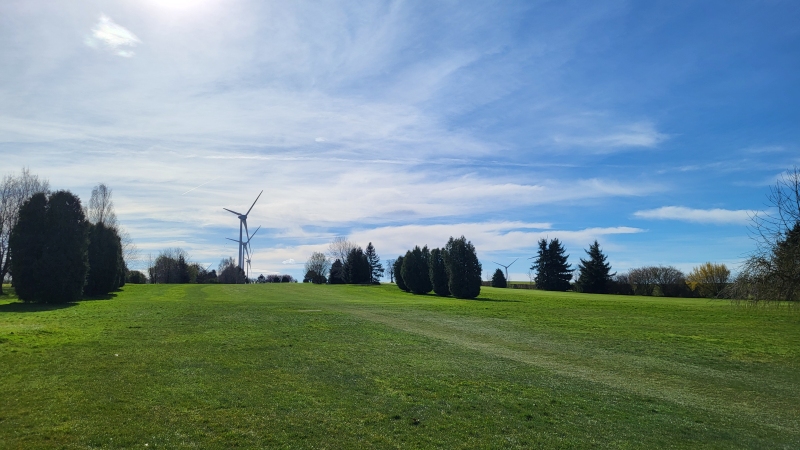“I know that I know nothing” is a saying derived from Plato’s account of Socrates. It goes well with this saying that we don’t truly know what Socrates said. In one passage of Plato’s account, Socrates seems to have thought of himself in the following terms: “I am wiser than this man, for neither of us appears to know anything great and good; but he fancies he knows something, although he knows nothing; whereas I, as I do not know anything, do not fancy I do. In this trifling particular, then, I appear to be wiser than he, because I do not fancy I know what I do not know.”
It transforms how one can understand the idea of knowing that one doesn’t know.
Much of science and its theories are based on this very idea. The ability to prove a theory is restricted by the things we don’t know. It’s possible to prove that a theory is wrong, but proving a theory itself remains based on having enough accounts that seem to prove it and none that can show that it is wrong.
Consequently, much of the time we operate with probabilities. We rely on the fact that it’s how things worked out in the past and are surprised when it doesn’t.
Golf may be an interesting metaphor.
Practicing one’s swing provides a lot of information. Most of it, however, is out of awareness and beyond predictability. We have an idea of the mechanics of the swing, but we don’t know how to control them. We have an idea of how the shot should look like, but we don’t know the impact of the weather on the ball nor where it will land.
However, developing one’s practice creates the space to become more aware of details impacting swing and shot. Every time awareness expands, creativity can unfold, and trust in one’s ability to achieve the desired result grows. What doesn’t change is knowing how it will happen. It’s instinct and intuition that evolve slowly and transform our relationship with the events.
What’s in the way of establishing such a relationship with a shot is judgment.
Judgment is the assumption that one knows the outcome, how to achieve it, and may expect oneself to always be perfect in one’s delivery.
Noticing that something didn’t go according to plan is different. It’s the space that allows us to gather information about things that weren’t happening as known or expected, and to keep a sense of what happened. Using this information allows us to learn from connecting this information with one another.
Not knowing is what enables us to treat this information. Knowing is how we prevent ourselves from addressing what we don’t know.


